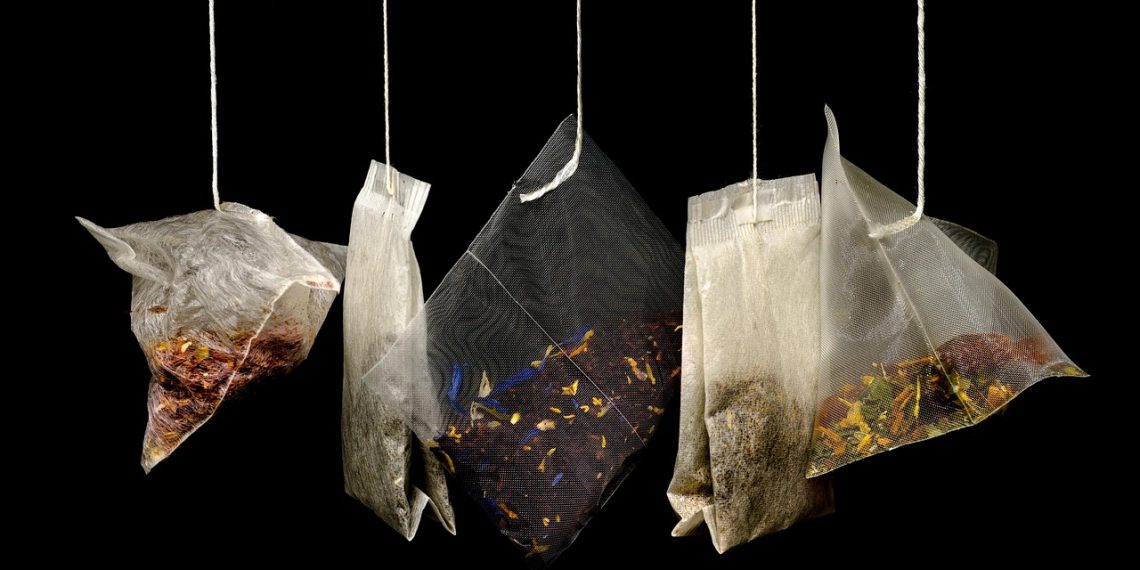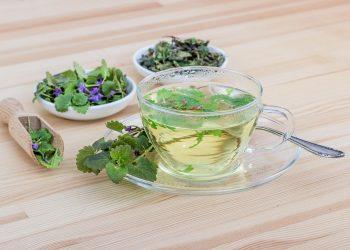Have you ever sipped on a warm cup of tea and felt an instant wave of comfort wash over you? Well, it turns out that certain herbal teas can do more than just warm your soul—they can also support your kidney health. With so many options out there, it might be a bit overwhelming to figure out which ones are actually beneficial. So, let’s dive into five herbal teas that can help boost your kidney health naturally.
Contents
1. Dandelion Tea
The Power of Dandelion
Dandelions are often viewed as pesky weeds, but they pack a punch when it comes to health benefits. Rich in antioxidants, vitamins A, C, and K, and several B vitamins, dandelion tea is known for its diuretic properties, which can help promote kidney function.
How It Works
Dandelion tea encourages the kidneys to filter out waste and excess fluids, which can be particularly beneficial for those with kidney issues. Research has shown that dandelion may help in preventing kidney stones and urinary tract infections (UTIs) by promoting urination and flushing out toxins.
Pros and Cons
Pros:
- Natural diuretic
- Rich in nutrients
- May help prevent kidney stones
Cons:
- Some individuals may experience allergic reactions
- Can interact with certain medications, especially diuretics
Personal Take
I’ve tried dandelion tea a few times, and while the taste might not be for everyone, it’s worth a shot if you’re looking for a natural way to support your kidneys. Just make sure to check in with your healthcare provider first.
2. Nettle Leaf Tea
Nature’s Nutrient Pack
Nettle leaf tea is another herbal powerhouse that can support kidney health. Known for its anti-inflammatory properties, nettle is rich in vitamins A, C, K, and several B vitamins, along with minerals like iron, calcium, and magnesium.
How It Works
Nettle leaf tea has been shown to help reduce inflammation in the kidneys, potentially improving their overall function. It also acts as a mild diuretic, which can help flush out toxins and reduce the risk of kidney stones.
Pros and Cons
Pros:
- Anti-inflammatory properties
- Rich in essential nutrients
- Supports urinary health
Cons:
- Can cause mild stomach upset in some people
- May interact with blood thinners and certain medications
Personal Take
I was pleasantly surprised by the taste of nettle leaf tea—it’s earthy yet soothing. If you’re looking for a nutrient boost while also caring for your kidneys, this one is a keeper.
3. Ginger Tea
The Spicy Health Booster
Ginger isn’t just for holiday cookies; it’s a powerful herb with a long history of medicinal use. It’s well-known for its anti-inflammatory and antioxidant properties, making it a fantastic option for kidney health.
How It Works
Ginger tea can help reduce inflammation in the kidneys and improve blood circulation. It’s also beneficial for those who may have chronic conditions affecting kidney function, such as diabetes. Some studies suggest that ginger may help protect against kidney damage.
Pros and Cons
Pros:
- Powerful anti-inflammatory properties
- Supports digestion
- May protect against kidney damage
Cons:
- Can cause heartburn or digestive upset in some individuals
- High doses may interact with blood thinners
Personal Take
Ginger tea is a staple in my kitchen, especially during the colder months. It has a warming effect that’s not only comforting but also beneficial for your kidneys. Just be mindful of how much you consume if you’re sensitive to spicy foods.
4. Hibiscus Tea
The Colorful Antioxidant
Hibiscus tea is not only beautiful but also loaded with antioxidants. It’s been linked to lower blood pressure and improved kidney function, making it a popular choice for those looking to support their kidneys.
How It Works
Hibiscus tea can help reduce oxidative stress in the kidneys, which is crucial for maintaining their health. Some studies have shown that hibiscus can also help lower blood pressure, reducing the strain on the kidneys.
Pros and Cons
Pros:
- High in antioxidants
- May lower blood pressure
- Supports kidney health
Cons:
- Can lower blood pressure too much for some individuals
- May interact with certain medications
Personal Take
I find hibiscus tea to be refreshing and slightly tart. It’s a great option for iced tea lovers, and it feels like a treat while doing good for your body.
5. Parsley Tea
The Underrated Herb
Parsley is often used as a garnish, but it’s a potent herb with numerous health benefits. It’s rich in vitamins K, C, and A, and is known for its diuretic properties, making it a great candidate for kidney health.
How It Works
Parsley tea can help increase urine production, flushing out excess sodium and toxins from the body. This can be particularly helpful for individuals with kidney issues or those looking to maintain healthy kidney function.
Pros and Cons
Pros:
- Natural diuretic
- Rich in vitamins and minerals
- Supports urinary tract health
Cons:
- May cause digestive issues in some people
- Excessive consumption may lead to kidney irritation
Personal Take
I’ve made parsley tea by steeping fresh parsley in hot water, and it’s surprisingly pleasant. It’s a simple way to add a little extra support to your kidney health without much hassle.
FAQs
1. Can herbal teas replace medical treatment for kidney issues?
No, herbal teas should not replace medical treatment. They can complement a healthy lifestyle, but it’s essential to consult your healthcare provider for any kidney-related issues.
2. How often can I drink these herbal teas?
Moderation is key. Drinking herbal teas a few times a week can be beneficial, but it’s best to consult with a healthcare provider for personalized advice.
3. Are there any side effects to drinking herbal teas for kidney health?
While generally safe, some individuals may experience digestive issues or allergic reactions. Always monitor how your body responds and consult a doctor if you have concerns.
4. Can I mix different herbal teas?
Yes, many herbal teas can be mixed, but be cautious of potential interactions. It’s a good idea to consult a healthcare provider for specific combinations.
Conclusion
Incorporating herbal teas into your daily routine can be a delightful way to support your kidney health naturally. Whether you opt for the earthy notes of nettle, the spicy warmth of ginger, or the refreshing tartness of hibiscus, there’s a tea out there for everyone. But remember, while these herbal remedies can offer benefits, they should complement—not replace—medical advice and treatment. So, sip away, but keep those conversations with your healthcare provider going.
This article is for educational purposes only and is not a substitute for professional medical advice. Always consult a qualified healthcare provider before making changes to your health routine.
References
-
Ranjbar, A., & Khatami, M. (2020). The effects of dandelion on kidney function: A systematic review. Journal of Herbal Medicine, 20, 100289. https://doi.org/10.1016/j.hermed.2020.100289
-
Olatunji, L. A., & Olatunji, O. J. (2018). The impact of nettle leaf extract on kidney function in rats. Journal of Medicinal Plants Research, 12(1), 1-9. https://doi.org/10.5897/JMPR2017.6233
-
Sinha, S., & Gupta, S. (2018). Protective role of ginger in nephrotoxicity: A review. Journal of Renal Nutrition, 28(5), 328-338. https://doi.org/10.1053/j.jrn.2018.02.003
-
McKay, D. L., & Miller, E. C. (2016). Hibiscus sabdariffa L.: A review of the health benefits. Journal of Nutrition, 146(9), 1837S-1843S. https://doi.org/10.3945/jn.116.231308
-
Kaur, G., & Bhardwaj, P. (2019). Parsley: A potential natural diuretic. Journal of Ethnopharmacology, 245, 112165. https://doi.org/10.1016/j.jep.2019.112165
Get Your FREE Natural Health Guide!
Subscribe now and receive our exclusive ebook packed with natural health tips, practical wellness advice, and easy lifestyle changes — delivered straight to your inbox.














